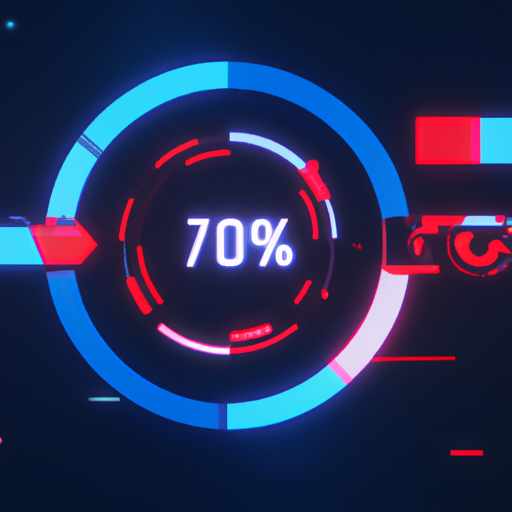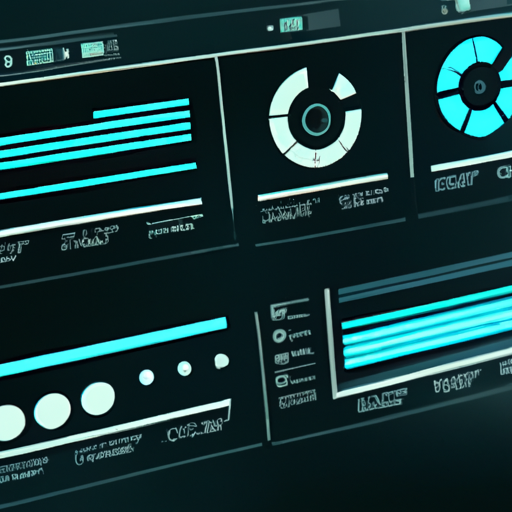Web3 Revolution: Transforming the Digital Landscape
The Impact of Web3 on Digital Economy

The digital economy has undergone significant transformations over the years, and the emergence of Web3 is set to revolutionize it even further. Web3, also known as the decentralized web, is a new paradigm that aims to reshape the way we interact with the internet. It is built on the principles of decentralization, privacy, and user empowerment, and has the potential to disrupt traditional business models and empower individuals in unprecedented ways.
One of the key impacts of Web3 on the digital economy is the shift towards decentralized platforms. Unlike traditional platforms that are controlled by a central authority, decentralized platforms are built on blockchain technology, which enables peer-to-peer interactions without the need for intermediaries. This eliminates the need for trust in centralized entities and opens up new possibilities for innovation and collaboration. Decentralized platforms also provide greater transparency and security, as transactions are recorded on a public ledger that is immutable and tamper-proof.
Another significant impact of Web3 on the digital economy is the rise of decentralized finance, or DeFi. DeFi refers to the use of blockchain technology to recreate traditional financial systems in a decentralized manner. It allows individuals to access financial services such as lending, borrowing, and trading without the need for intermediaries like banks or brokers. This has the potential to democratize finance and provide financial services to the unbanked and underbanked populations around the world. DeFi also enables greater financial inclusion and reduces the barriers to entry for individuals and small businesses.
Web3 also has the potential to transform the digital advertising industry. Currently, digital advertising is dominated by a few tech giants who control the majority of the market. This centralized control has led to issues such as data privacy breaches, ad fraud, and lack of transparency. Web3 aims to address these issues by giving users more control over their data and enabling them to monetize their attention. With Web3, users can choose to share their data with advertisers in a secure and transparent manner, and they can also be rewarded for their attention through tokenized incentives. This shift towards user-centric advertising has the potential to create a more fair and sustainable digital advertising ecosystem.
Furthermore, Web3 has the potential to revolutionize the concept of ownership in the digital economy. Currently, most digital assets are owned and controlled by centralized platforms. Web3 aims to change this by enabling individuals to have true ownership and control over their digital assets through the use of blockchain technology. This has implications for various industries, such as gaming, art, and intellectual property. For example, in the gaming industry, Web3 enables players to truly own their in-game assets and trade them freely with other players. This opens up new possibilities for the creation of virtual economies and the monetization of digital assets.
In conclusion, Web3 is set to have a profound impact on the digital economy. It will reshape the way we interact with the internet, empower individuals, and disrupt traditional business models. The shift towards decentralized platforms, the rise of DeFi, the transformation of the digital advertising industry, and the concept of true ownership are just a few examples of the potential impacts of Web3. As we move forward into the Web3 era, it is important for businesses and individuals to embrace this new paradigm and explore the opportunities it presents. The digital landscape is changing, and Web3 is at the forefront of this revolution.



